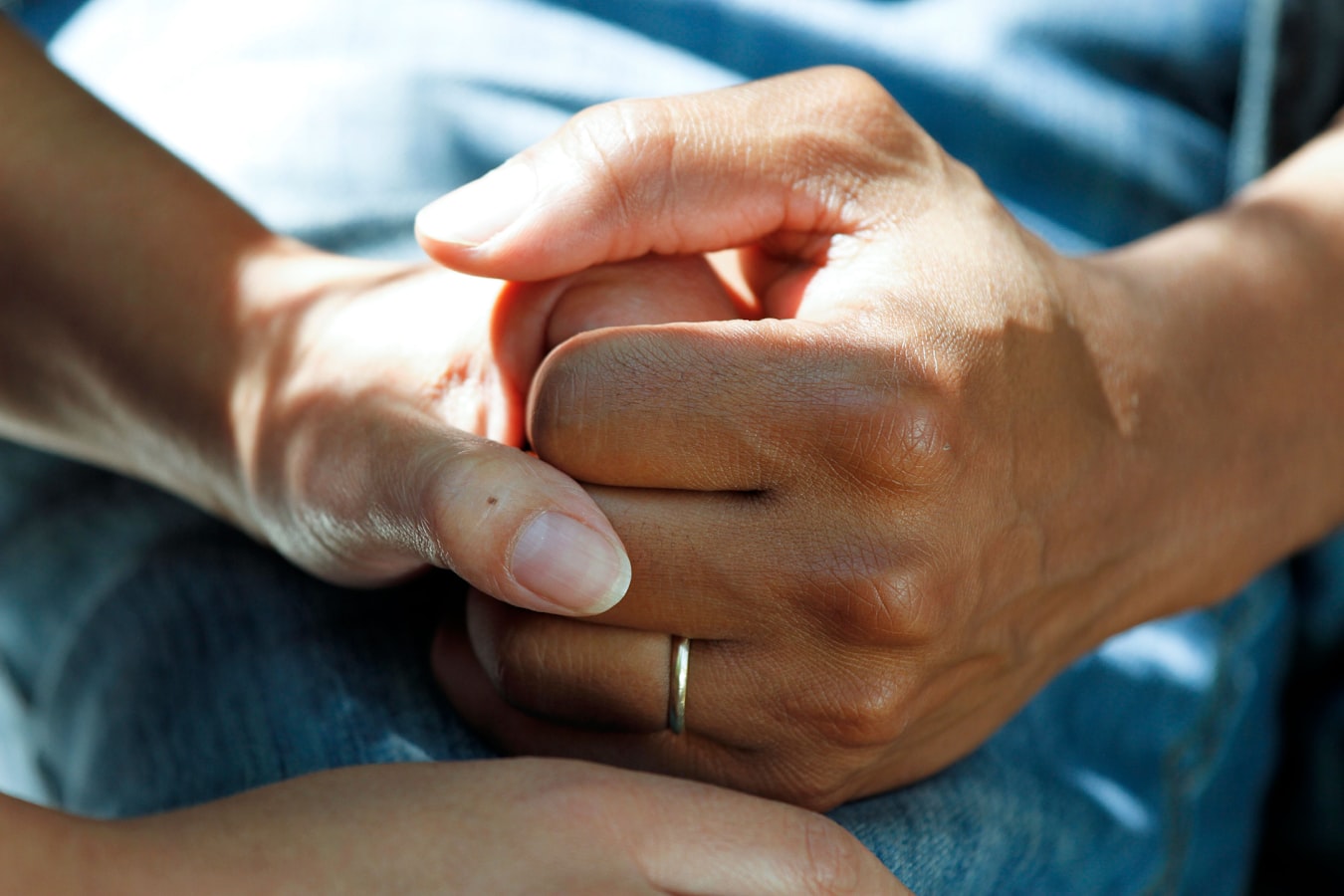Is black salve, the much-feted skin cancer cream, a miracle cure or horror story? New research from Southern Cross University proves the latter in the first international study to quantitatively assess its dangerous ingredients.
Lead author and PhD candidate Andy Croaker with a sample of black salve (credit: Leigh Jensen).
The Southern Cross research team analysed 13 black salve products purchased from different online sellers around the world. The sale of black salve is illegal in Australia.
Lead author and PhD candidate Andy Croaker GP, who is a medical practitioner, said the findings published in the Journal of Herbal Medicine showed that black salve products were dangerous.
“It’s similar to playing a game of Russian roulette with the majority of black salves tested posing a significant risk of harm to patients.”
Some black salves contained very high concentrations of compounds likely to kill any tissue they came in contact with, putting patients at risk of significant scarring and deformity.
“One salve contained a compound at a concentration over 900 times that needed to kill normal skin cells; its clinical use would be similar to applying a strong acid to the skin,” said Mr Croaker.
“Other black salves had undetectable levels of cytotoxic compounds meaning they would not react to cancer tissue giving patients a false sense of security that their skin lesion was not cancer. This could delay skin cancer diagnosis which for some skin cancers could put patients’ lives at risk.”
Mr Croaker, who works at the Sawtell Medical Centre on the NSW Mid North Coast, cautioned against people self-administering black salve.
“DIY may be okay for renovating a house, but DIY skin lesion diagnosis and treatment is foolish. This year I’ve seen at least a dozen persisting skin cancers that have failed to be cured by black salve,” he said.
“Some of the patients had to go to Brisbane and Sydney for extensive surgery to remove their cancer.
“There has been very little research conducted into black salves, the companies selling and making money from these products do not seem interested in properly assessing their safety.”
Promoted an alternative skin cancer therapy, black salve contains both herbal and chemical constituents.
“For the first time, in our paper, black salves have also been assessed for heavy metal contamination. We found one salve contained high lead levels posing a further health risk to patients,” said co-author Dr Lei (Ben) Liu from the University’s Southern Cross Plant Science research centre.
“Online sellers of black salve tell people it’s a safe, effective and natural skin cancer treatment. Our study finally gives doctors information about what is in black salve so they can further advise their patients why it isn’t safe.”
To that end the research team has just published an article Black salve in a nutshell in the December issue of the Australian Journal of General Practice to aid GPs when discussing black salve with patients.
There has never been a controlled clinical trial conducted in black salve’s 160-year history of clinical use. By contrast, skin cancer excision has been evaluated in multiple trials with highly effective outcomes.
The research team said further assessment of black salve was urgently required.
Southern Cross University will be establishing a new National Centre for Naturopathic Research to engage in evidence-based naturopathic medicine higher education and research. The Centre is expected to open in 2019.





